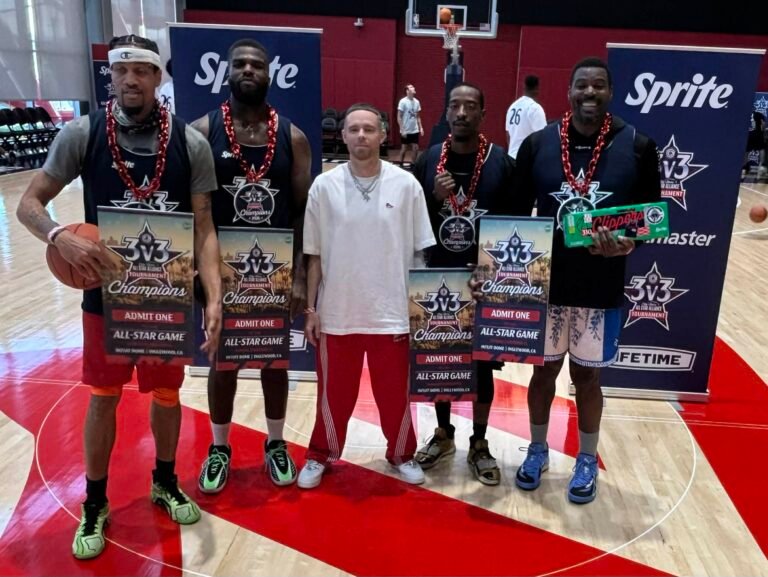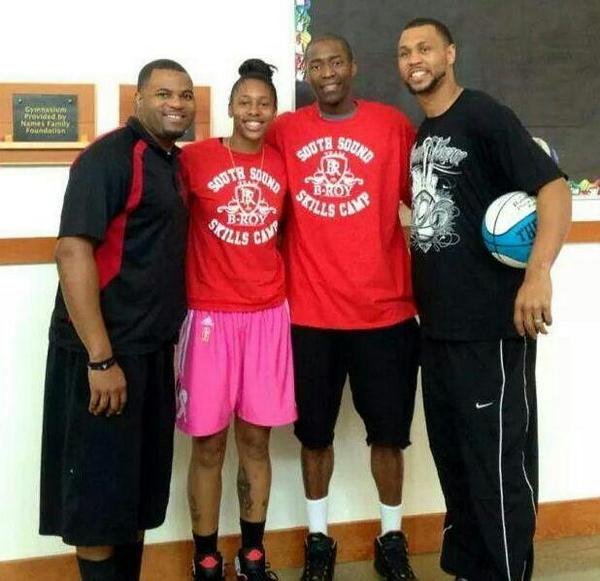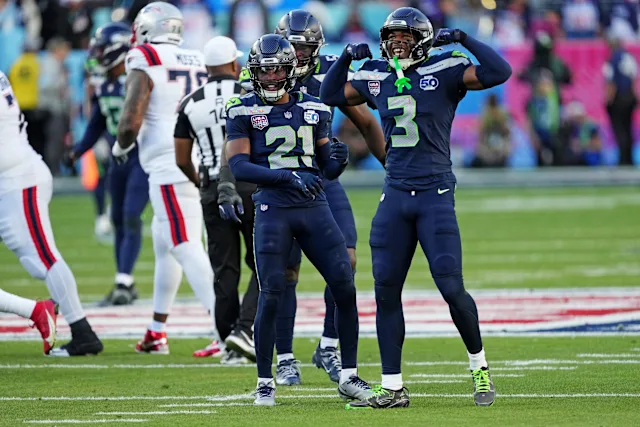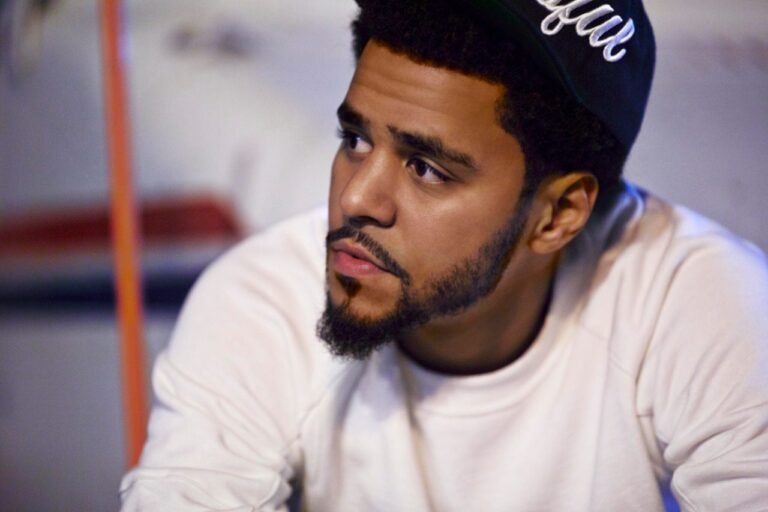The rise of NIL (Name, Image, and Likeness) rights has enabled college athletes to earn money from their brand.
However, this newfound freedom comes with its own set of challenges.Finals MVP Jaylen Brown recently discussed the issue with Landonbuford.com. Brown emphasized the importance of protecting these young athletes, particularly from those who may attempt to exploit them.
The Power and Pitfalls of NIL Deals
The use of NIL rights in college athletics has transformed the industry by enabling players to profit from their image, but it also exposes them to potential exploitation, according to bloomberglaw.com.
Although many athletes can secure significant sponsorship deals, others are susceptible to bad contracts or dishonest agents. Brown acknowledges the positive aspects of NIL but emphasizes the negative aspects that require immediate attention.
“It’s tough with the NIL athletes because people know I love the fact that they’re able to produce wealth for themselves at an early age,” Brown said. He acknowledges that these athletes deserve to benefit financially from their talent, but the opportunities also open the door for others to manipulate the situation. “It just opens up the gate for the people who are negotiating on their behalf and things.”
The Need for Protection and Oversight
Brown’s primary concern is the lack of clear guidelines to safeguard these young athletes. Many may not fully understand contracts and negotiations, particularly those just starting in their careers. Their vulnerability to being taken advantage of, especially by individuals who don’t have their best interests in mind, is a result, “Parameters need to be put in place to kind of protect our youngest, most influential,” Brown emphasized.
He believes that safeguards must be put in place to prevent these athletes from being snared by unscrupulous agents or companies. These actions are vital in safeguarding the authenticity of NIL opportunities and preventing athletes from being exploited for financial gain.
Educating and Empowering Young Athletes
Brown’s approach to aiding NIL athletes is based on education and mentorship. He hopes to see more programs and resources to help these athletes in their business endeavors. By providing athletes with the right tools and knowledge, they can make informed decisions that benefit their long-term success.
“Something definitely needs to be put in place,” Brown noted, reiterating that the issue is not only about protecting athletes from flawed contracts but also aiding them in navigating the complicated NIL opportunities. Education enables athletes to comprehend their rights better, negotiate effectively, and avoid common pitfalls that could jeopardize their futures.
Creating a Fair and Balanced System for NIL Athletes
It becomes apparent that a more structured system is required to ensure fairness and transparency as NIL grows. As athletes pursue their careers, they shouldn’t have to worry about being taken advantage of. The solution is to create a balance that allows athletes to benefit from their name and likeness while protecting them from those seeking to exploit them. Brown’s understanding of this issue reflects the growing concern within the sports community.
It’s essential to allow athletes to profit and provide them with the support and protection they need to thrive in an increasingly complex environment. For Brown, the solution lies in regulation, education, and oversight. These elements could help steer the next generation of athletes toward success without compromising their well-being.
Conclusion: A Call for Action
Jaylen Brown’s words highlight the urgent need for protective measures during the NIL era. Despite the groundbreaking opportunities college athletes have, ensuring they are not exploited is crucial.
Implementing guidelines and educational programs can help the sports industry create a safer, more equitable environment for tomorrow’s superstars. As the NIL landscape continues to evolve, prioritizing the protection and empowerment of young athletes is crucial.
Landon Buford is an accomplished sports and entertainment journalist based in Richardson, Texas, with over a decade of experience covering the NBA, WNBA, NFL, WWE, MLB, and the entertainment industry. Known for delivering high-impact stories and headline-making interviews, Buford has earned a global audience through content that blends insider access with compelling storytelling.
He previously served as director of editorial and brand communications at PlayersTV, where he helped shape the platform’s editorial voice and brand identity. He is also the founder and editor-in-chief of LandonBuford.com—an independent outlet with more than 1.6 million views and syndication from major platforms including Bleacher Report, Sports Illustrated and Yahoo Sports. Buford’s interviews with stars like Gary Payton, Kevin Durant, Mark Cuban and Chris Paul showcase his talent for meaningful, in-depth conversations.
His bylines have appeared in Sports Illustrated, Forbes, Heavy.com, Meta’s Bulletin and One37pm, where he has contributed exclusive interviews, breaking news and cultural insights. At Heavy.com, his work drew more than a million views in just eight months, and at One37pm, it contributed to record-breaking traffic numbers.
His work highlights the intersection of sports, fashion, music, and entrepreneurship—showcasing how athletes and entertainers use their platforms to inspire change, influence trends, and shape culture beyond the game. Landon has interviewed a wide range of figures from the NBA, NFL, and entertainment industries, consistently bringing authentic voices and untold stories to the forefront.
In addition to his journalism, Buford is an entrepreneur and content creator, dedicated to amplifying diverse narratives and driving meaningful conversations across media platforms. His passion for storytelling, culture, and innovation continues to make him a respected voice in the evolving landscape of sports and entertainment media.




